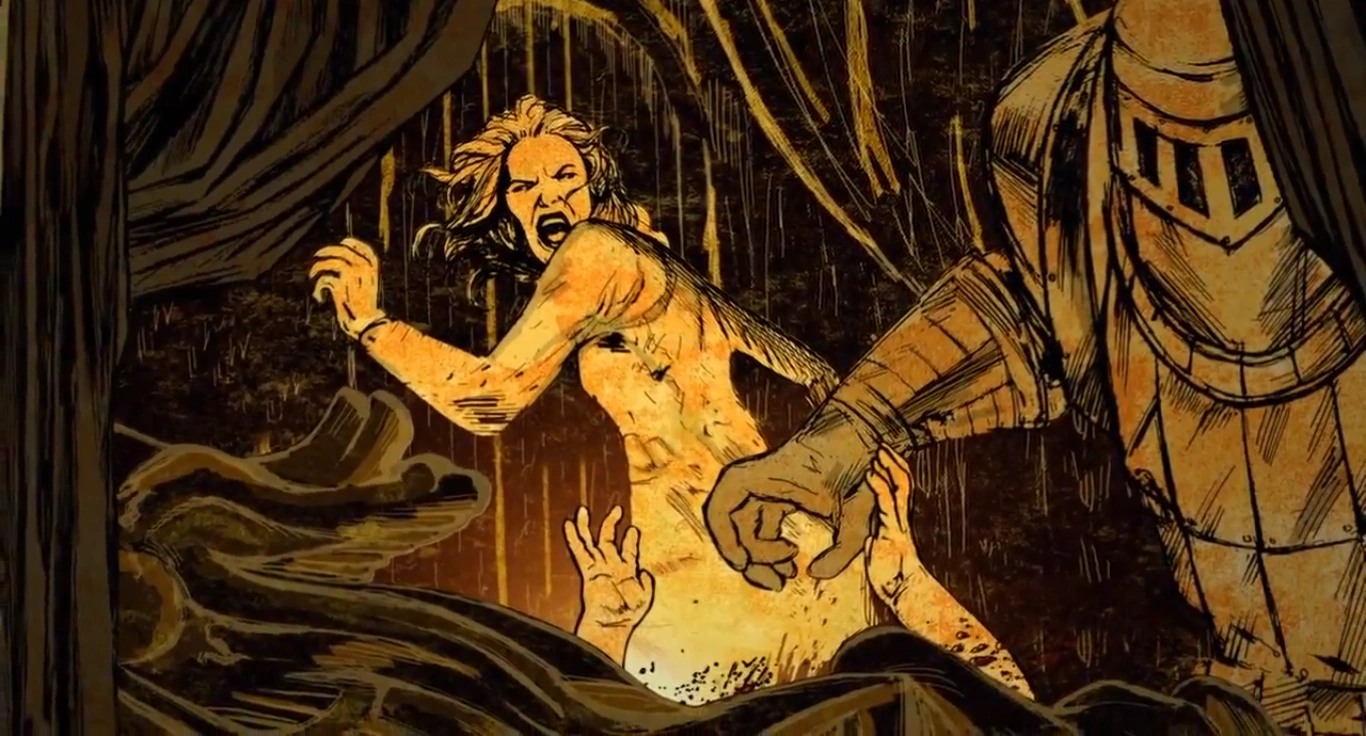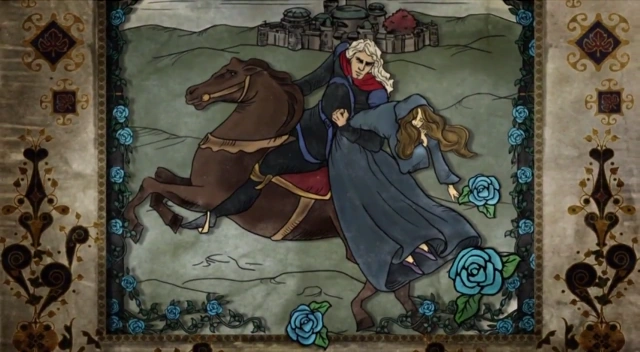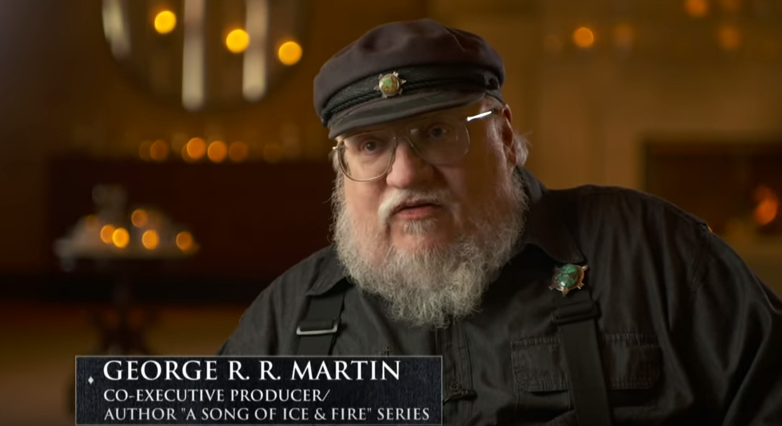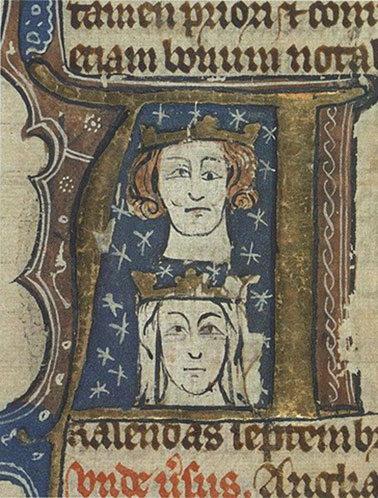
One of the most controversial aspects of the series is its portrayal of rape. George RR Martin has gotten a lot of criticism on this subject. Naturally, he made a response to this criticism:
“The books reflect a patriarchal society based on the Middle Ages. The Middle Ages were not a time of sexual egalitarianism...
“And then there’s the whole issue of sexual violence, which I’ve been criticized for as well. I’m writing about war, which what almost all epic fantasy is about. But if you’re going to write about war, and you just want to include all the cool battles and heroes killing a lot of orcs and things like that and you don’t portray [sexual violence], then there’s something fundamentally dishonest about that. Rape, unfortunately, is still a part of war today. It’s not a strong testament to the human race, but I don’t think we should pretend it doesn’t exist."
(Source: https://ew.com/article/2015/06/03/george-rr-martin-thrones-violence-women/)

Now let's give Martin some credit where it's due. He's right to point out that rape is an unfortunate reality of war. Depicting rape as a part of war in an effort to show how horrific it is can make a powerful point. Unfortunately this isn't what happens in his books.
For starters somebody actually bothered to count all the instances of rape in the novels. Over the space of 5 books there are 214 acts of rape. That is ridiculously over-the-top. One of the historians I quoted in the previous post had something to say about the way rape is portrayed in the novels:

"In the books, rape is expected in nearly every interaction between men and women, especially if the man has any kind of physical power. For example, Cersei Lannister assures Sansa Stark that if the keep where they’re hiding during the Battle of the Blackwater is breached,
most of my guests are in for a bit of rape, I’d say. And you should never rule out mutilation, torture, and murder in times like these.
When Brienne and Jaime are captured by the Bloody Mummers, Brienne is constantly threatened with rape (despite her size, strength, and prowess with a sword). Only Jaime’s intercession prevents a sexual assault. And despite rescuing Brienne, Jaime still sees rape as an inevitable aspect of war. In his experience,

"But rape is not just a part of war in Martin’s world. The threat of rape or actual rape happens constantly, even when battle and war are not factors. It’s so expected, in fact, that Sansa is surprised when Tyrion doesn’t rape her on their wedding night; it’s clear that the reader is supposed to admire him for his restraint rather than expecting that a woman would be treated with respect by default."
(Source: https://www.publicmedievalist.com/grimdark-medievalism/)
I think it's worth reiterating that last bit. Tyrion and Sansa get married in Book 2 and Tyrion is treated as a hero for not raping Sansa. That is all kinds of messed up! Since I know that the commonly recited defense is more or less "something something, muh realism," lets consult a medieval historian on whether this is actually "realistic" or not:

“For women in Martin's novels and the HBO show, sexual violence is a constant specter, with rape an everyday threat for many of the female characters. No doubt such violence existed in the Middle Ages, historians say, but women had some protections. Muslim armies rarely raped conquered populations, because rape was an unforgivable crime in Islam, DeVries said. Christian armies had slightly less-stringent religious prohibitions, but women were more protected than commonly depicted in popular culture, he said. The uptick in sexual brutality actually occurred after the Middle Ages, during the Wars of Religion kicked off by the Protestant Reformation, he said. In those conflicts, opposing sides saw each other as heretics and thus felt free to commit brutalities.
Rape was not accepted as a fact of civilian life, either, though the definition of sexual assault was limited. In early-medieval England, only a previously chaste or virgin women could prosecute a man for rape. In 1285, Edward I's parliament changed the definition of rape to allow for prosecution of men who raped non-virgins, and allowed women to bring suit against attackers themselves instead of through a male relative.”
So in other words, neither Martin nor his fanbase get to hide behind the "muh realism" argument. Westeros is far more barbaric about the topic of rape than the actual Middle Ages were. And keep in mind, the actual problems about the way rape was seen in "ye good ole days" isn't even addressed in the story!
There's another problem with how Martin depicts rape in his story. There are three scenes in the books where rape is graphically depicted. The thing here is that these scenes aren't meant to be depicted as rape. When I talked about Jaime and Cersei's sex scene I mentioned how a lot of people viewed that as consensual despite the fact that the book explicitly points out that she's saying no to him. There are two other scenes like that. This leads to a major problem in Martin's novels that got pointed out by the same person who actually counted the number of rapes in the story:
"When rape is told from the perpetrator’s point of view, the reader is left with the question of whether Martin actually intended those scenes to be rape scenes, There’s been a great deal of online argument as to whether Tyrion’s sex with the slave girl actually qualifies as rape. An even more ambiguous scene is Cersei’s sex with Taena Merryweather in A Feast for Crows Chapter 33. Taena says that Cersei is hurting her; however given Cersei’s history and the fact that she just turned Falyse Stokeworth over to Qyburn to be used for medical experiments which will assuredly end in Falyse’s death, Taena is in no position to refuse and must instead play along. Cersei is reenacting Robert’s rape of her, but the reader is left wondering whether it is a rape at all, since Cersei perceives Taena’s enthusiasm as genuine, while it’s entirely possible the fact that she is showing signs of arousal may be due to fear; it is not uncommon for actual rape victims to exhibit physical signs of sexual arousal. Martin’s presentation of the scene is as erotic if not more so than his few unambiguously consensual sex scenes; certainly many readers consider it erotic.
Several rapists in ASOIAF are point of view characters. They are given voice to tell their stories. They usually don’t consider themselves rapists and the scenes are written so that there’s an element of plausible deniability to the rapes. The rape victims are not POV characters; they are not given the agency to tell us their stories, their feelings about the rape, through inner monologue or even through telling their own stories during the narrative."
(Source: https://tafkarfanfic.tumblr.com/post/119891015455/a-song-of-ice-and-fire-has-a-rape-problem)

George RR Martin does not do a good job depicting rape. In the books graphic rape scenes are depicted in an ambiguous light, and he tries to portray them as 'wild and crazy not-quite-consensual edgy sex'.
Rape is there almost as a way to give the world of his novels an edgy flavor. It's viewed as such an everyday fact of life that it also detracts from his anti-war message (or at least the anti-war message that he claims his novels have). Rape is no longer viewed as an atrocity of war, it's viewed as being another element of his "DARK AND GRITTY WORLD" where life sucks and then you die.
The link that I quoted earlier also goes on to say that the only rape victims who receive any justice for their rapes are villains. That's just...yikes.

And to repeat myself from before, this is not an historically accurate depiction of the way medieval societies viewed rape.
There's another problem with the over usage of rape and sexual violence in the novels:
"The problem with Martin's stance is there is more than one type of conflict for women...Focusing so much energy on sexual assault suggests to readers and viewers that women's primary form of struggle, of fear, of pain should be sexual assault... It's important that authors, particularly male authors, know there are other types of conflict for women in stories set during this time that do not involve sexual violence.
| More evidence of an historian saying that rape wasn't as common in the Middle Ages as Martin claims it was: http://sciencenordic.com/was-rape-common-middle-ages |
Martin seems to feel readers want him to create an egalitarian society of blissful unity, though — even though, as a fan myself, I'm not sure that's really the issue here. I don't want a utopia, I want conflict. The issue here, really, is that Martin creates iconic female characters, but he does not recognize how he limits them and himself by continuously employing sexual assault as the only way to cause strife in their lives, or to drive home the horrors of war."
_______________________________________________________________
Recap Time
1) Martin's portrayal of rape is not historically accurate. Therefore, the common defense that both he and his fans give of rape being "realistic" does not hold up to scrutiny and does not count as a valid defense of his work.
2) Martin's graphic rape scenes are presented as consensual, edgy sex. There's a disgusting degree of ambiguity present so that his fans can argue that it's not rape.
3) Rape in the books is considered so commonplace that it detracts from his anti-war message. After all, it's hard to say that war is terrible and that rape is a part of it when it happens in plenty of contexts outside of war.
4) Martin's overuse of rape limits the types of conflicts that both he and his female characters go through.
No comments:
Post a Comment